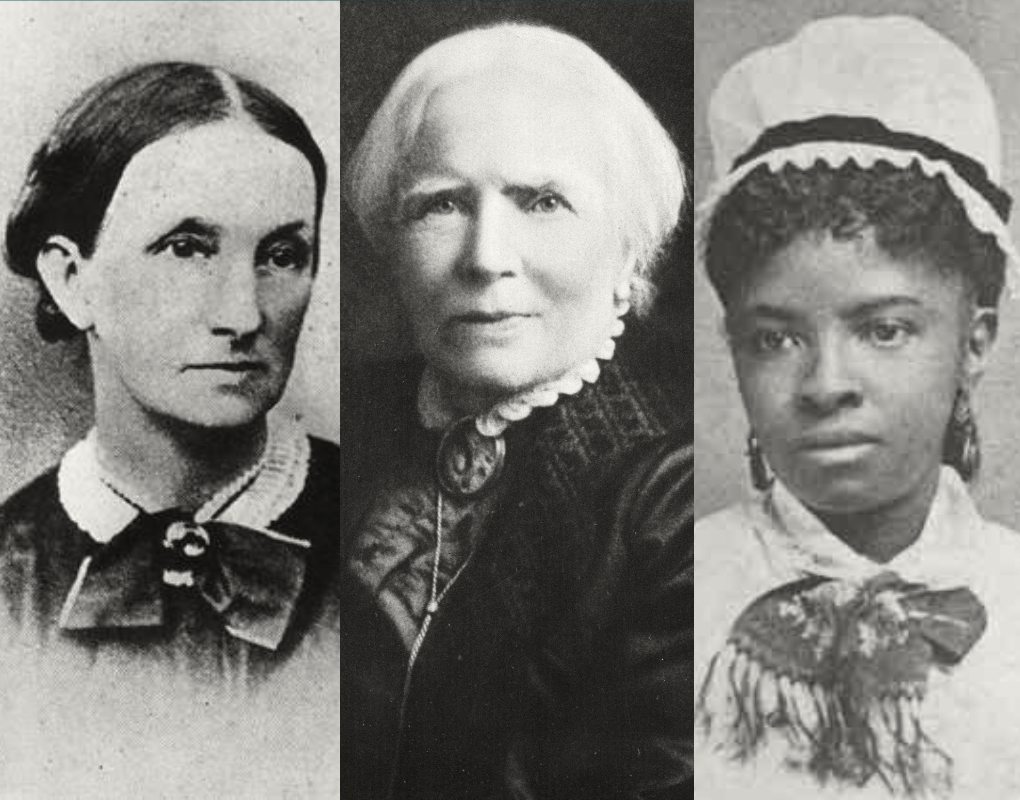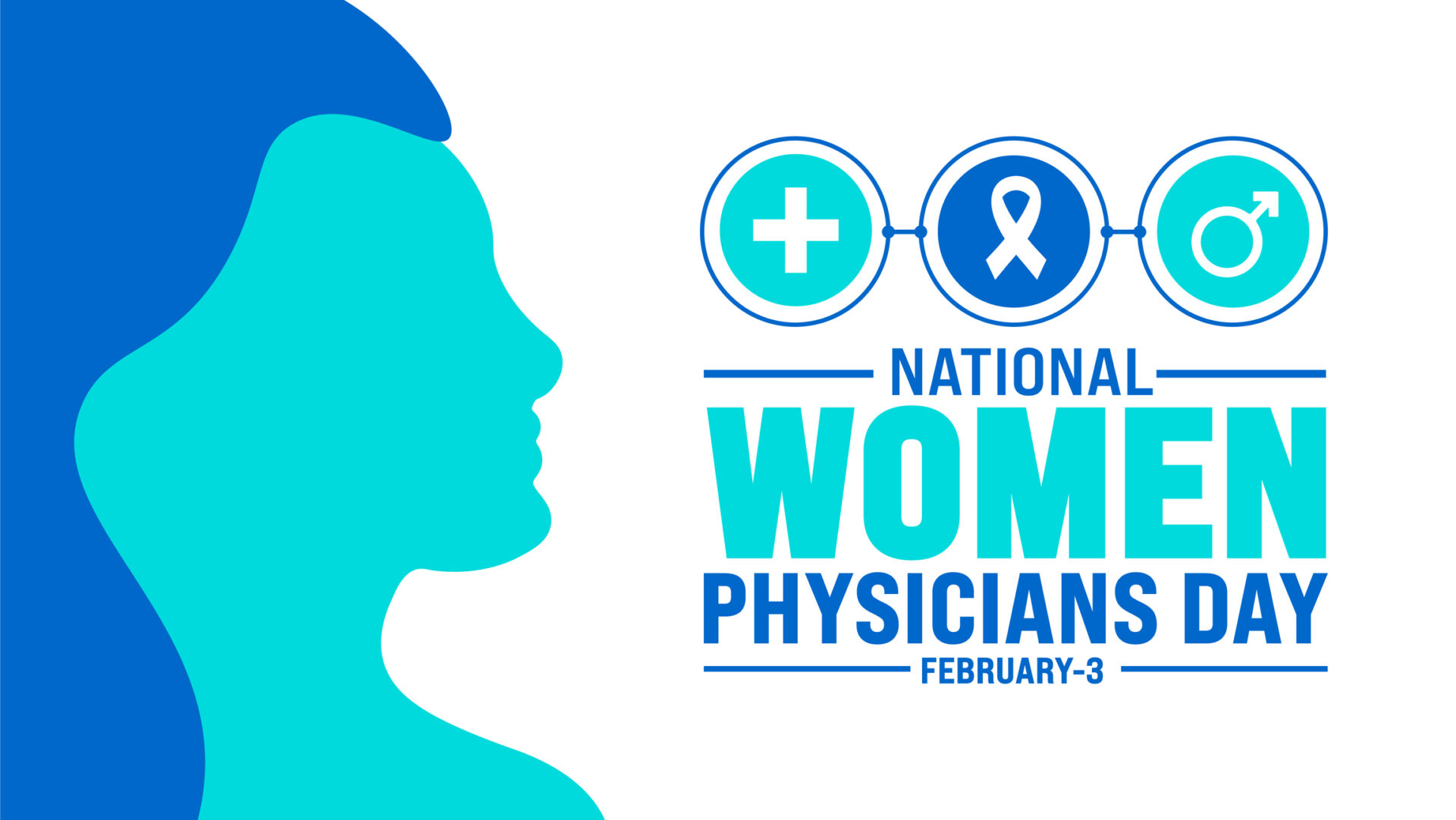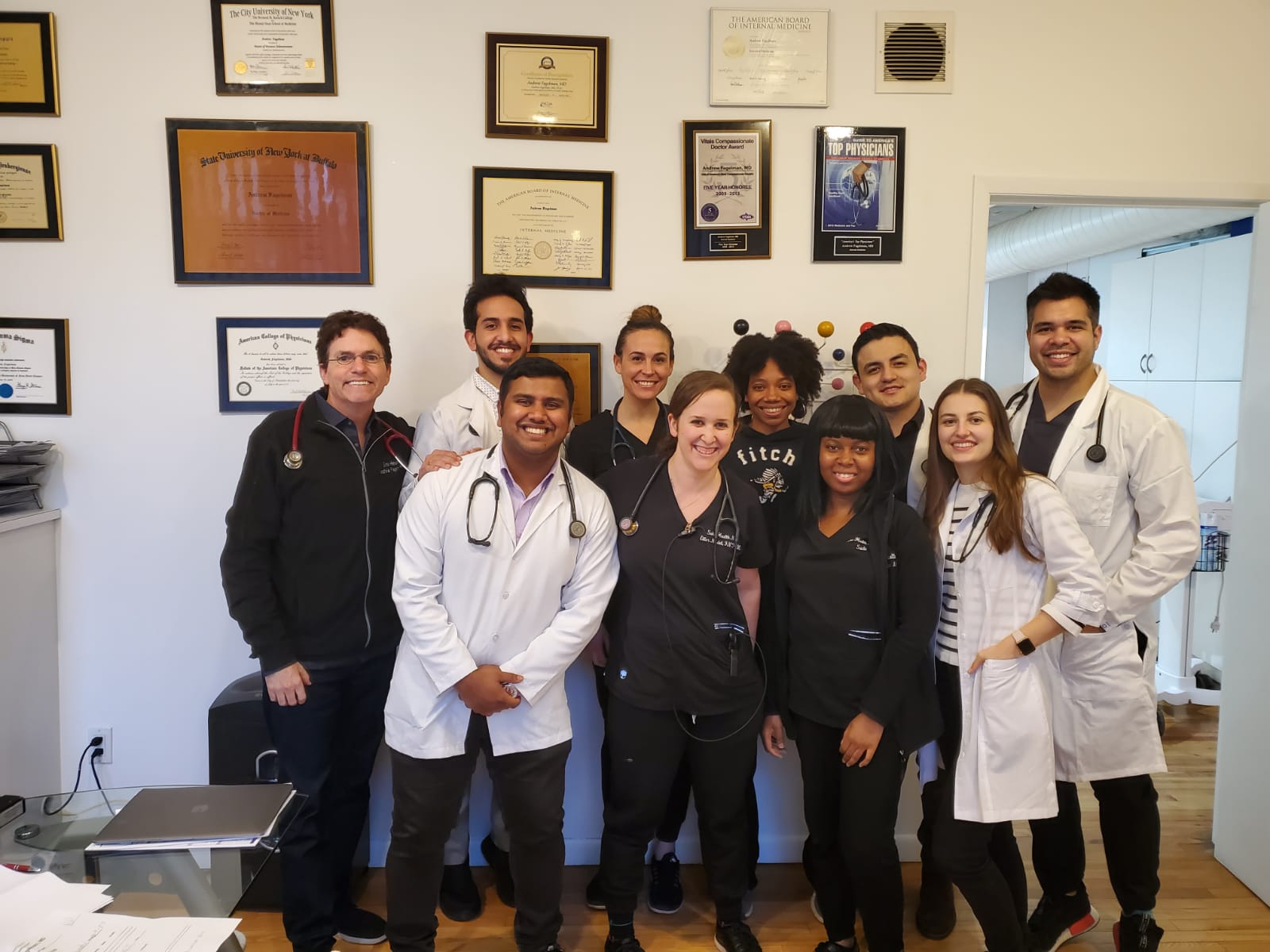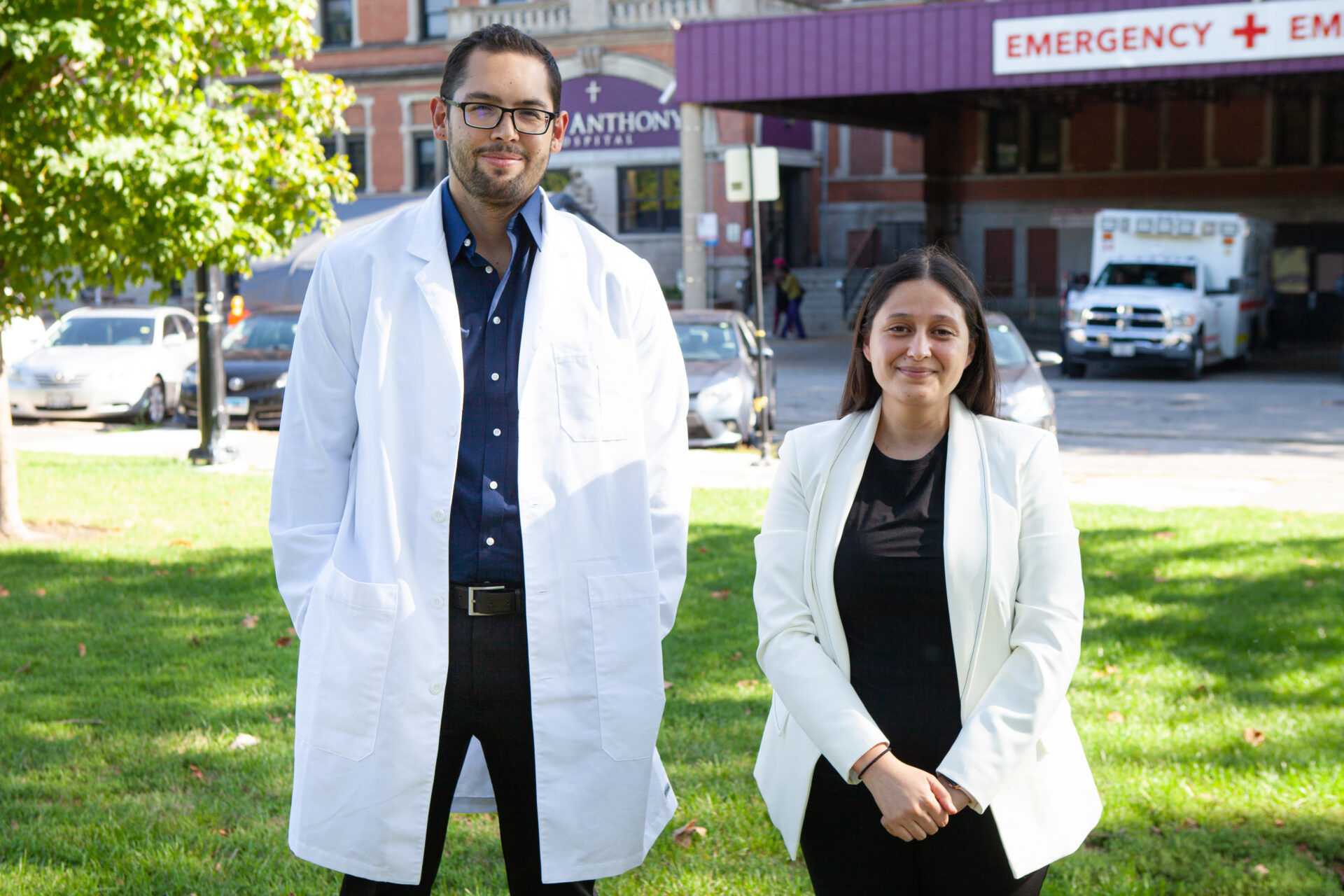Social Advocates to Physicians of the 1800’ss
Despite its current title–Women’s History Month–the first national celebration began humbly as Women’s History Week in 1981. It wasn’t until 1987 that the petition for a month-long celebration was confirmed. Throughout Women’s History Month this March, AMO will honor female physicians of the past and present by sharing weekly profiles on these individuals. This week’s profiles introduce three women whose impact rocked the medical world nearly a century before Women’s History Month was first celebrated.
Dr. Ann Preston (1813-1872)

Dr. Ann Preston was an American physician and teacher in the mid-1800s. Born into a religious family during the temperance movement, Preston became an educator and an advocate for the abolishment of slavery. Her time spent teaching courses on hygiene cultivated her love of medicine and inspired her to apply for medical school. Despite her intelligence, her identity as a woman caused Dr. Preston, and many other women, to be denied admission. She eventually found a place at the Female Medical College of Pennsylvania where she received her degree (1851) and a subsequent teaching position. While teaching at the college, Dr. Preston founded a female board of educators. Her success led her to be named the first female dean of the Female Medical College of Pennsylvania. In her role, she advocated for women in the medical field. To learn more about Dr. Preston, click here.
Dr. Elizabeth Blackwell (1821-1910)

Most notably known for being the first female to receive a medical degree in America, Dr. Elizabeth Blackwell was also a social activist and author. Born to a suffragist and anti-slavery activist, Blackwell was taught to question social institutions and favor virtue from an early age. Inspired by her observations of male physicians and their lack of bedside manner, Dr. Blackwell applied to medical school. She was confident that she could not only improve a patient’s health but their spirit. Dr. Blackwell accepted an offer from Geneva College, after receiving much rejection like Preston, and earned her degree in 1849. Following her graduation, Dr. Blackwell opened up a clinic for the poor, served as a Union nurse, and opened a medical college in New York. She eventually became a professor of Gynecology in London, where she lived for the remainder of her life. To learn more about Dr. Blackwell’s college days, click here.
Dr. Rebecca Lee Crumpler (1831-1895)

Dr. Rebecca Lee Crumpler was the first African-American woman to earn an M.D. degree. Born into a household that prided itself in caring for neighborhood health, her early exposure to medicine inspired her to become a nurse. Soon Dr. Crumpler desired a more formal education leading to her application and subsequent admission to the New England Female Medical College. There she earned a degree the following year. When the Civil War ended in 1865, Dr. Crumpler moved to Richmond, Virginia, to provide medical attention to newly freed slaves. Dr. Crumpler’s medial practice ended in the 1880s, but her time in the field inspired her to write “Book of Medical Discourses.” To read more about Dr. Crumpler’s time serving the poor, click here.
At AMO, our goal is to create a more diverse medical field which includes, but is not limited to, female representation. AMO would love to hear your thoughts about Women’s History Month this March in conjunction with females in the medical field. Join the conversation on our Twitter or Instagram. To learn more about the introduction of Women’s History Month and the women who helped to build the world we live in today, click here.
If you are interested in adding to the diversity of the U.S. healthcare system by becoming a physician, a critical step is taking part in a U.S. clinical rotation. Apply for a rotation with AMO today!







Leave A Comment